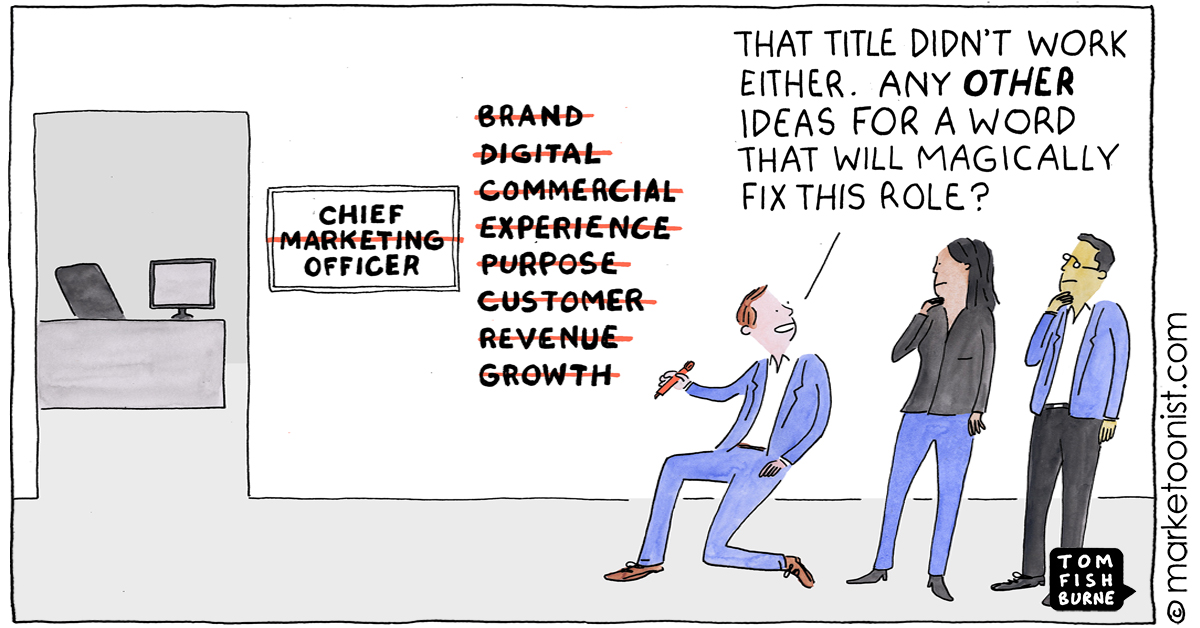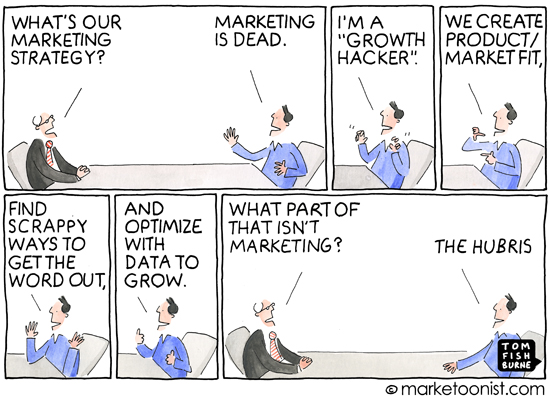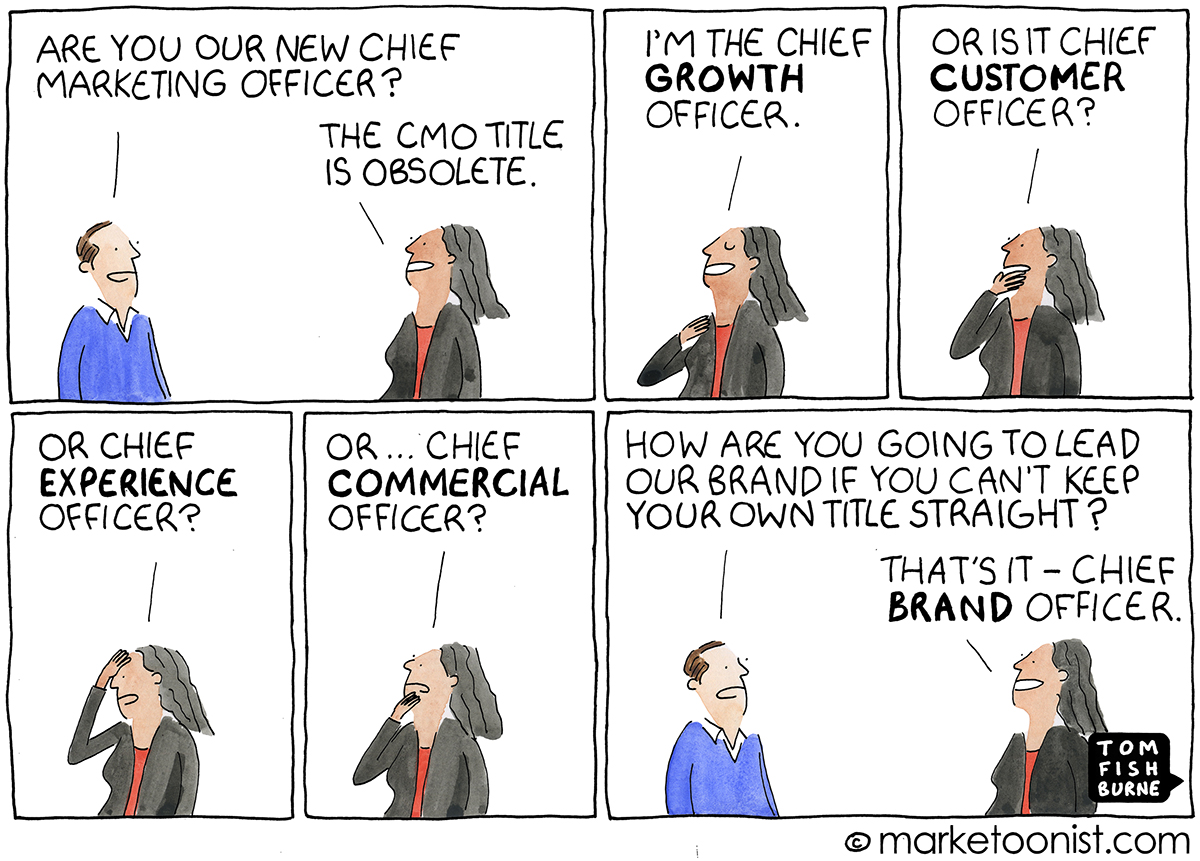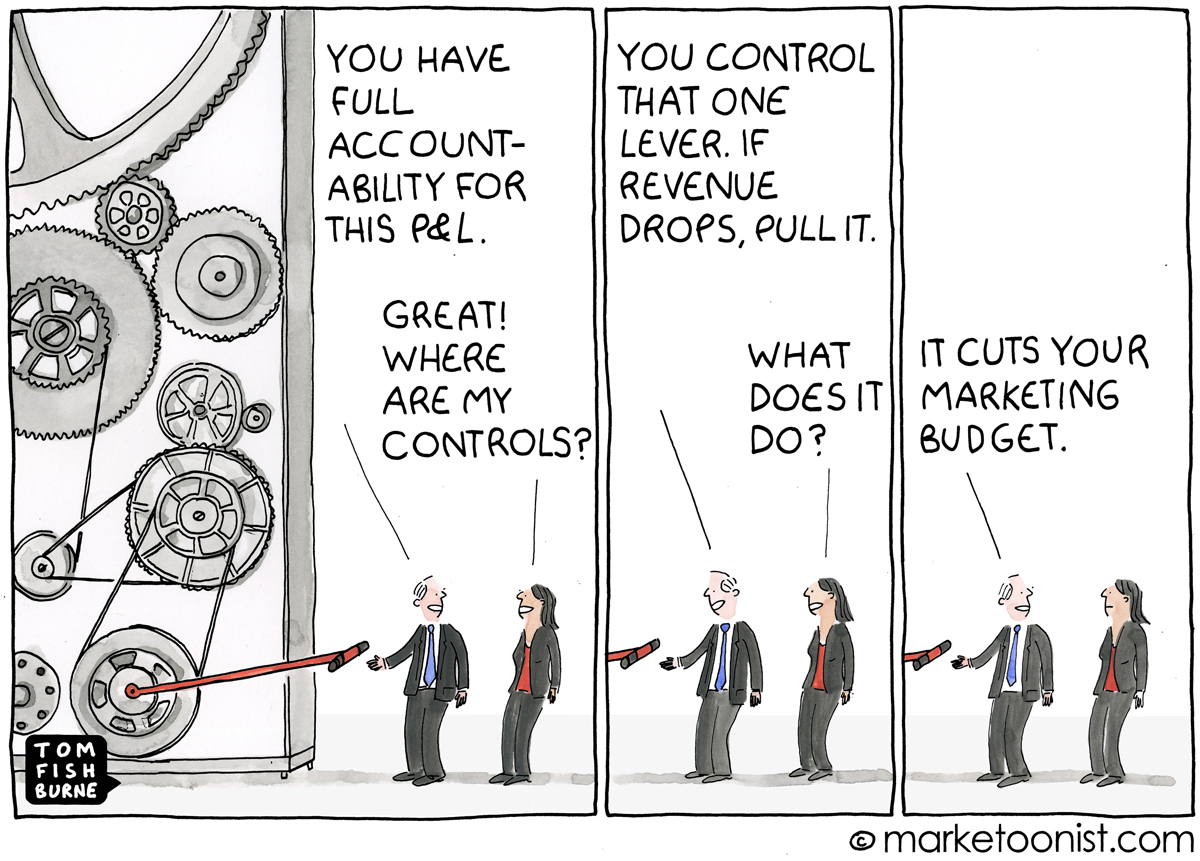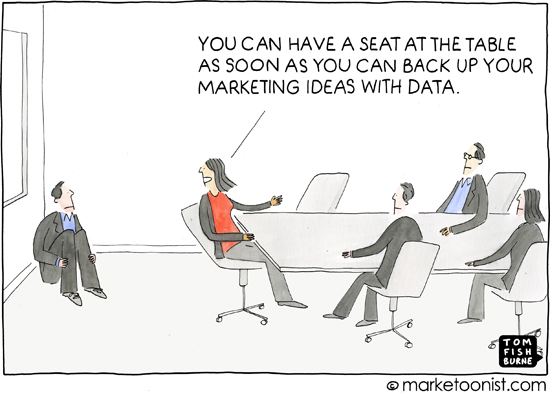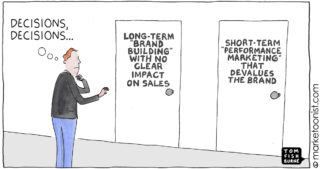Unilever is the latest major company to rename the Chief Marketing Officer. Having added the word “Digital” in 2019 as “Chief Digital and Marketing Officer”, they got rid of the word “Marketing” altogether last month to announce the role as “Chief Digital and Commercial Officer.”
Announcing her new role, Unilever CDCO Connie Braams said:
“And no, before you ask, we’re not dropping marketing, we’re adding sales.”
These semantic twists and turns have been happening in lots of organizations, including Johnson & Johnson, Lyft, Beam Suntory, Taco Bell, and Hyatt. Other organizations, like McDonalds and Coca-Cola, dropped the Chief Marketing Officer title only to later bring it back.
In many of these moves, new words are being adopted to signal new priorities: growth, experience, purpose, commercial, etc. Sometimes the title change reflects an org chart change, sometimes not.
I think the CMO identity crisis partly reflects the nature of an historically problematic role with the lowest tenure rates across the C-suite. Some of the curse of the CMO has been the classic “Accountability without Authority” conundrum. The CMO is held responsible for results that are sometimes led by other functions in an organization.
But I think it also reflects a lack of faith in what marketing means, particularly as the marketing remit continues to evolve. Some of the wording changes are more of a Band-Aid solution.
I like this insight from Rebecca Messina, former Uber CMO:
“When new words are invented, or others are used differently than they were used in the past, it’s because new meaning is being sought. One way to get new meaning is to give it a new name. But I would argue to create the meaning, then name it later.”
And this perspective from Sarah Hofstetter, board member at Campbell Soup Co:
“Even if it’s just semantics, changing the title may lead to removing the marketing skill set from the C-suite at a time when businesses can least afford it.”
Here are a few related cartoons I’ve drawn over the years:
